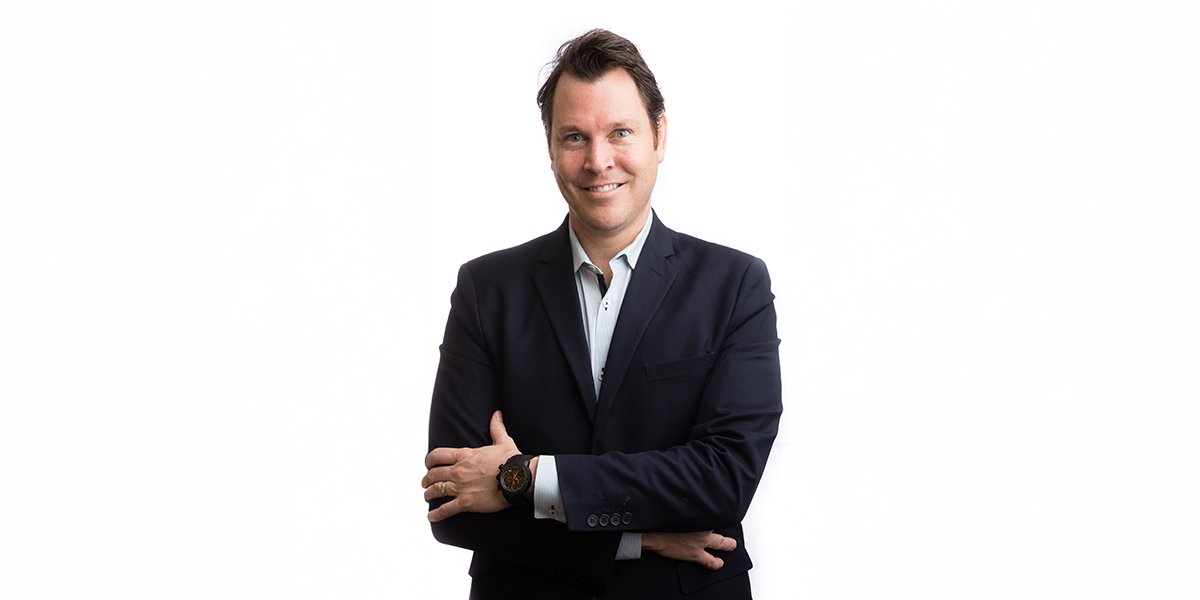PHOTO: Hope Brooks, author of A Mother’s Survival, continues to inspire readers with her story of courage, healing, and unwavering strength.
A Powerful Memoir of Healing, Mental Health, and Finding One’s Voice
Hope Brooks opens up about her deeply personal memoir A Mother’s Survival, discussing trauma, mental health, resilience, and how writing transformed her pain into purpose while inspiring others to heal.
Hope Brooks, author of the powerful memoir A Mother’s Survival: Finding Balance Through the Storms, has touched the hearts of readers around the world with her raw honesty, emotional depth, and unwavering resilience. Writing under her pen name, Brooks uses storytelling not only as a means of personal healing but also as a way to advocate for those navigating trauma, mental health challenges, and the complexities of family life.
Brooks’s bestselling memoir recounts the harrowing yet hopeful journey through childhood sexual abuse, single parenthood, and the emotional landscape of raising a blended family. Her compelling narrative resonates with readers who have faced life’s storms and are searching for a voice that mirrors their own experiences. Through her work, Brooks doesn’t just tell her story—she amplifies the stories of countless others, offering connection, strength, and a path forward.
Hope Brooks is a courageous and authentic storyteller who transforms lived pain into healing prose that empowers, educates, and inspires others.
In an exclusive interview with Reader’s House Magazine, Brooks shared the origin of her memoir. A lifelong educator who spent her career teaching special needs children in New York City, she began writing after retiring, finally putting pen to paper to process a lifetime of challenges. “Someday you must write a book, no one would believe what’s happening to you,” she used to tell herself. The day after she retired, she sat down at her computer and began to write her truth.
While her work is deeply rooted in personal experience, Brooks has also turned to writing as a means of advocacy. In her award-winning short story Megan’s Story, she explores the impact of schizoaffective disorder on her granddaughter and their family, shedding light on the realities of mental illness with the same compassion and clarity that define her memoir.
Despite lacking formal experience as an author at the outset, Brooks was determined to learn the craft. She attended writing classes and joined a local writing group that became instrumental in her development. Weekly feedback sessions helped refine her skills and, over five years, she completed her memoir. To aspiring writers, she offers heartfelt advice: seek out supportive communities and don’t go it alone.
Though her books don’t directly feature music, Brooks says her love of classical composers like Mozart and Beethoven shaped her writing process. The music created a space for reflection as she revisited some of the most painful chapters of her life. Writing became both cathartic and clarifying—a spiritual act as much as a creative one.
Brooks also believes in the power of connection in the literary world. After publishing her book, she sought out author groups to gain guidance and camaraderie. These communities offered more than professional support—they became a place of belonging.
She doesn’t shy away from weaving real-life historical events into her writing either. In Chapter 34 of her memoir, Brooks recounts the events of September 11, 2001, from her Staten Island classroom, where she and her second-grade students watched smoke rise from the Twin Towers. The tragedy personally touched several of her students, and the trauma of that day remains etched in her memory. “Sometimes we don’t need to weave history into our lives. We just live it, and it remains within us forever,” she reflects.
For Brooks, writing is not just about survival—it’s about transformation. She encourages writers to identify their target audience and embrace their own voice unapologetically. Her table at book fairs features key themes from her life—sexual abuse, single motherhood, remarriage, divorce, and blended families—inviting meaningful conversations with readers who relate deeply to her journey.
Looking ahead, Brooks hopes to turn A Mother’s Survival into a film, believing its message can reach even more people through the screen. Though she has faced rejection from agents and producers, her resolve remains firm. “Should I give up? The answer is NO,” she declares.
Hope Brooks stands as a testament to the power of storytelling to heal, connect, and empower. Her journey, as chronicled in Reader’s House Magazine, is not only a story of survival—it’s a reminder that our voices, even when born from pain, can become powerful tools for change.
This article was adapted from an interview with Hope Brooks in the latest issue of Reader’s House.











